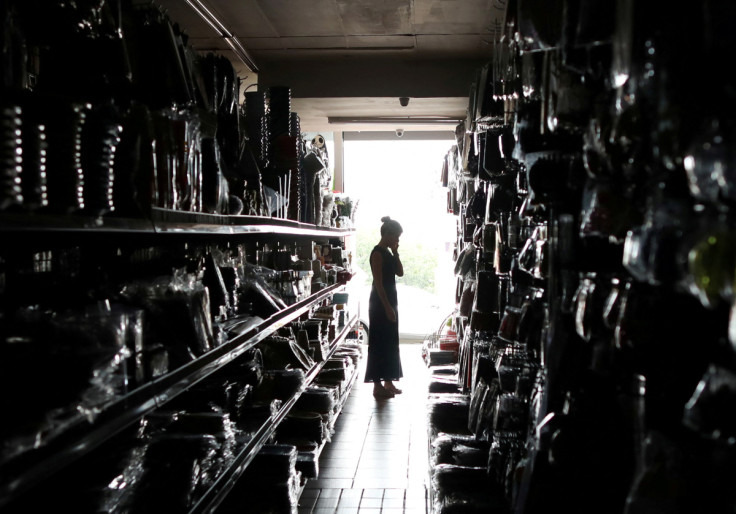Trade Minister Patel Speaks On Load-shedding And Buy Local Campaign
Ebrahim Patel, who serves as Minister of Trade and Industry, said that he completely understands the anger of the people of South Africa over ongoing load shedding.
"In a moment when all South Africans are having enormous challenges, I can completely understand the anger," Patel told TimesLive on Tuesday.
Patel opened up about his ministerial perks over common citizens facing heavy load-shedding in the country and why people should opt for local goods and services.
The trade and industry minister noted that his Gauteng ministerial home might be less affected due to load shedding but there are power cuts at his Cape Town home.
He went on to share the difficulties he faces in his Cape Town house, revealing that he is using UPS to do Zoom meetings.
"I have to calibrate my Zoom meetings in the Cape Town house, where I am subject to load-shedding, so we have now bought a little UPS and just hope the Wi-Fi lasts long enough until the lights come back on," he said.
Patel came under fire last year after a media outlet highlighted how the minister doesn't pay for water and electricity like common people.
The minister, speaking at Proudly South African Buy Local Summit & Expo which features more than 200 local goods and services, encouraged South Africans to buy products locally. The event began on Monday at the Sandton Convention Centre.
"The Buy Local campaign is an opportunity to shift consumer spending and create more jobs in SA," he said, SowetanLive reported. "To avoid vulnerability when global supply chains are under strain, you need to have a strong local capability."
Patel noted that the pandemic was a lesson for South Africans that they need to consume and produce more goods and services on a local level.
He went on to share that South Africans are currently at the bottom end of the value chain as they just produce agricultural products and mining commodities, whereas now, they need to rise themselves and produce more than just raw materials.
"We import more than R1-trillion worth of non-oil products," he continued. "Not all of those need to be localized, not all of them can be localized, and the goal is not 100% localization, but it is to add value within the SA economy."
"It is part of a nation-building programme that we need. Social cohesion is very important, and we lack it sometimes," he added. "You build that social cohesion even in your own economy, not only through ideas but through actions."
Patel explained products made in South Africa are much better compared to what they import from China. He shared that "South African products are not only up to world standards but often much better than imported goods."
He added, "Cement produced here by SABS standards will be of higher quality than cheaper goods imported unmarked. We need to regain confidence in ourselves and our abilities."

© Copyright 2025 IBTimes ZA. All rights reserved.





















